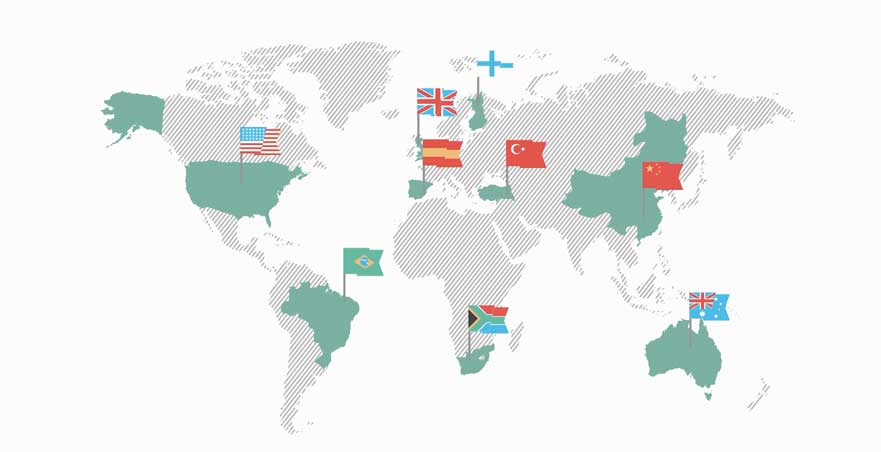Translation for the gastronomy sector

Restaurants and food distributors with plans to export usually allocate part of their annual budget to translation. Let's take a detailed look at the type of companies that require translations and the type of content usually translated in this sector.
The gastronomy sector uses very specific language and vocabulary that changes according to the varieties of the languages spoken in a country. For example, with the translation of the ingredients of a dish, the Spanish required for a Spanish speaking market is different to that for the Argentinian market.
International restaurant menus are another example of translated content in the gastronomy sector. The name of a dish is not usually translated but a translation of its ingredients helps to give diners a better understanding of a country's gastronomic specialities, regardless of their nationality.
Due to the particular terminology of this sector, the services of a specialised native translator are essential for translating the name of utensils, ingredients and cooking techniques into the target language, in order to guarantee a logical meaning to the translation and to ensure it is faithful to the original version.
Which companies request this type of translation?
The speciality of gastronomy translation has become popular in recent years due to the boom in the tourism sector and the growing interest in international cuisine. Many companies or agencies require this type of translation for different reasons. Here are some examples:
- Marketing companies in the gastronomy sector
- Restaurants and catering companies
- Gastronomy event agencies
- Food and Beverage Fairs
- Food manufacturers
What type of content is translated?
The success in the sale of cookery books, as well as specialised websites and the interest of companies for selling their products abroad, have placed gastronomy translation among the most sought-after specialities. Here are some examples of the most frequently requested translations:
Recipes: the translation of a recipe is more complicated than the translation of a menu. International system measurement units often have to be adapted to the measurement units used in the target country.
Restaurants menus: a correct translation of the menu will guarantee a professional image for the restaurant and will encourage clients to try new dishes. Another difficulty arises in the terminology used in this type of content as not all countries use the same cooking techniques.
Recipe books: cookbooks are complex documents that require accurate translation. This ensures that all cooks can follow a recipe without any confusion caused by a bad translation.
Blogs and websites: an online presence has become a fundamental tool when promoting a restaurant or a food and beverage fair, as users can view information in their own language, make bookings online, leave their opinion and share experiences.
Thus, the boom in the gastronomy sector has generated a demand for professional translators who have a good knowledge of the fascinating world of gastronomy. If your business is in the gastronomy sector, we strongly recommend that you hire a professional translator to translate your company's content.




